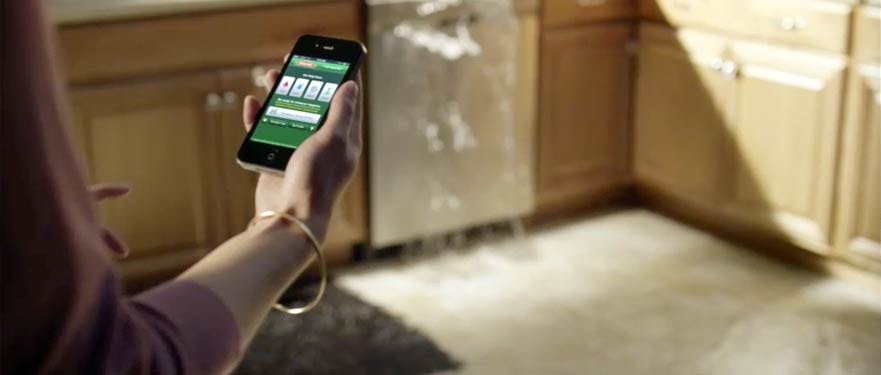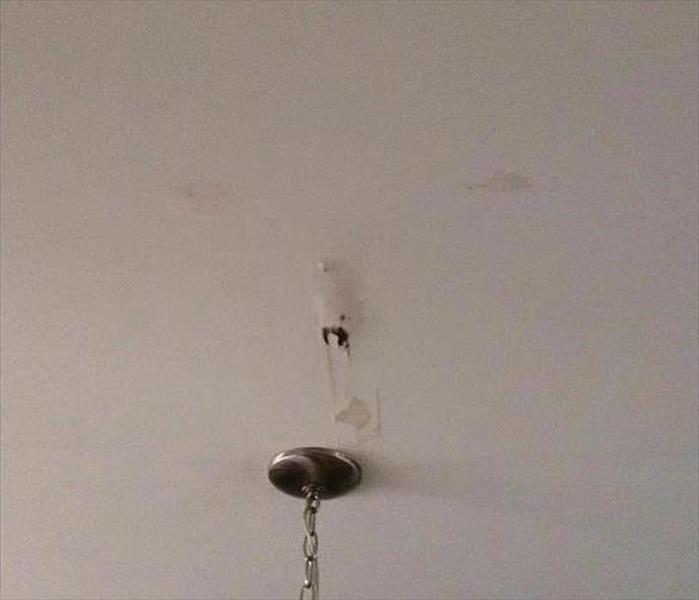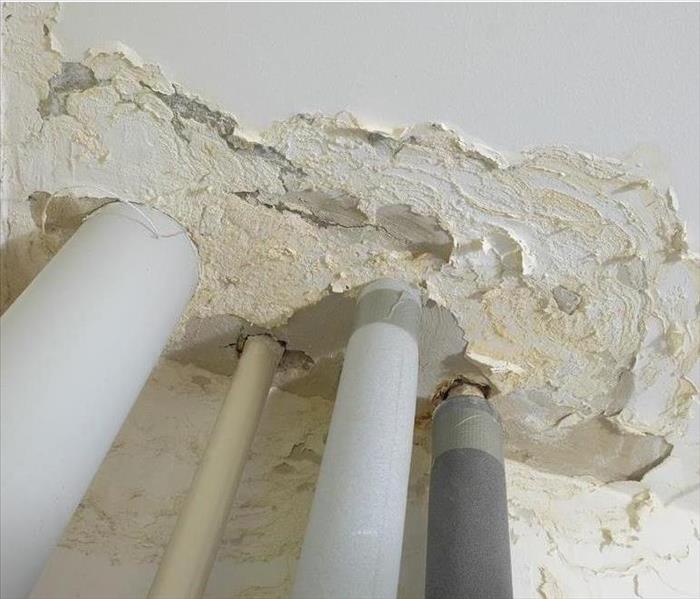
Water Damage Emergency Tips
What you can do until help arrives
Water Tips | Fire Tips | Biohazard Tips | Mold Tips
How Can You Make a Difference After a Water Loss in a Miami Residence?
No Miami homeowner anticipates a water loss incident, but how you react to this situation in the earliest stages can often be indicative of the property losses that you can avoid. In the most literal sense, there is often a 48-hour window in which many of the contents and construction materials within your home are still salvageable by our extraction and drying efforts. Beyond this point, these same materials and items could suffer several potential problems, including:
- Mold and microbial growths
- Warping and physical distortion
- Structural weakening
- Staining, odors, and other cleaning concerns
What Do You Need to Do When You Discover a Water Emergency?
Many of us here in Miami lead hectic lives between the 9 to 5 of our jobs and the scheduling around significant events, family get-togethers, and nights out with our friends. When you return to your home at the end of the day to discover water damages like a water heater rupturing or a plumbing fixture that has sprung a leak, how you react is critical to the restorability of your residence. Reaching out to our SERVPRO team first can start the process of mobilizing qualified technicians to help.
In addition to getting technicians alerted to the damage in your home, you can also consider:
- Moving contents out of the affected area\
- Allow airflow into the damp space
- Call your insurance
Have A Water Damage Emergency? Call (305) 269-8900
What To Do After Flooding
- Remove excess water by mopping and blotting.
- Wipe excess water from wood furniture after removal of lamps and tabletop items.
- Remove and prop wet upholstery and cushions.
- Place aluminum foil or wood blocks between furniture legs and wet carpeting.
- Turn air conditioning on for maximum drying in summer.
- Remove colored rugs from wet carpeting.
- Remove art objects to a safe, dry place.
- Gather loose items from floors.
What NOT To Do After Flooding
- Don't leave wet fabrics in place. Hang furs and leather goods.
- Don't leave books, magazines or other colored items on wet carpet or floors.
- Don't use your household vacuum to remove water.
- Don't use television or other household appliances.
- Don't turn on ceiling fixtures if ceiling is wet, and keep out of rooms where ceilings are sagging.



 24/7 Emergency Service
24/7 Emergency Service





